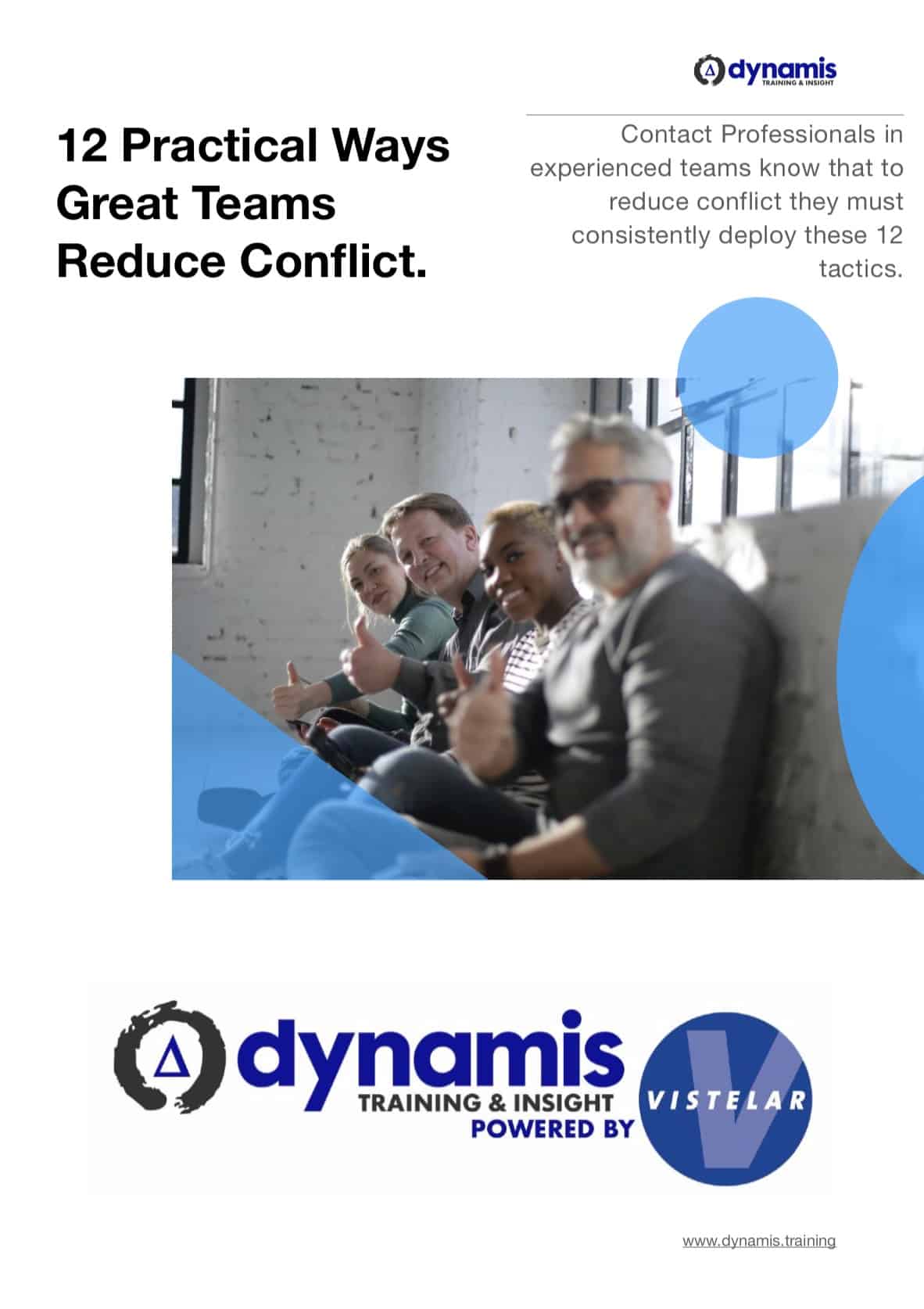Conflict Resolution Listening Skills
Getting to the Heart of the Problem
Conflict Resolution Listening Skills are the means by which we gather the information we need to de-escalate a distressed person, through understanding their needs and what is driving them.
Hi, it’s Gerard O’Dea here and today we’re looking at communicating under pressure. It’s concept number five. Today we’re going Beyond Active Listening and that means we want to fully understand another person’s message when we’re in interaction with them and that will allow us to move things forward.
For the most part, we’re talking about people who are expressing a particular pain or issue or a genuine problem that they have and we are going to engage with them in an effort to try and solve that problem or work with them in such a way that we get them back on task.
Often people who are upset or angry or tired or frustrated or stressed out, they don’t say what they mean. So picking apart their message and understanding fully what their needs are, is a real skill and that’s what we’re going to dive into here. So you’ll need to really listen. Your goal isn’t just to get the facts, you’ll need a complete understanding of the context, the situation, the obstacles, and the attitudes that you’re facing here. All of these will determine your next steps of action.
Having gathered that information, you will need to empathize. That means seeing through the eyes of the other person and understanding their wishes, wants, needs and desires, so that you can really get a feel for where you can take the situation next.
You’ll need to ask questions employing skillful questioning techniques to really pull out useful information about what to do and how the person’s feeling and what solutions they might have to the situation in front of you. With all this information going to and fro, what you may need to do to keep things simple and make it understandable, is to clarify using what we call a power phrase. So that’s a moment where you put that person’s meaning into your own words.
You’ll want to check that you’ve got a clear understanding of where that person is, and then you can move forward. So you summarize by making sure everyone understands the situation in the same way and then you reconnect the communication back to the original task. Let’s get them back on track. Having understood the problem, found the key to the situation and unlock the door, you can move forward together.
Those five steps from Beyond Active Listening help you to work with somebody through their problems and into a positive outcome. So that’s what we call Beyond Active Listening. For more information, go to vistelar.com or visit Dynamis.training for information about our UK courses.
Gerard O’Dea is a conflict management, personal safety and physical interventions training consultant. He is the training director for Dynamis, a specialist in personal safety and violence reduction initiatives and the European Adviser for ‘Verbal Defense and Influence’, a global programme which addresses the spectrum of human conflict. www.dynamis.training


